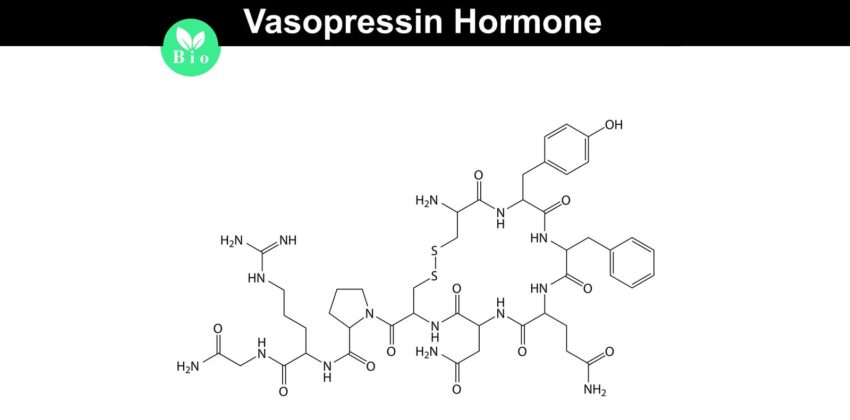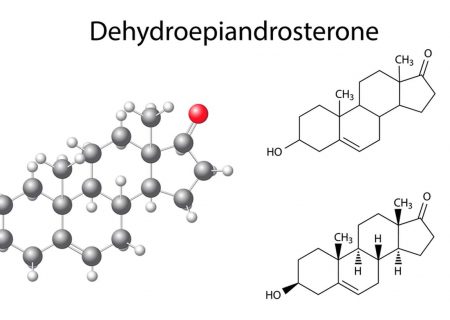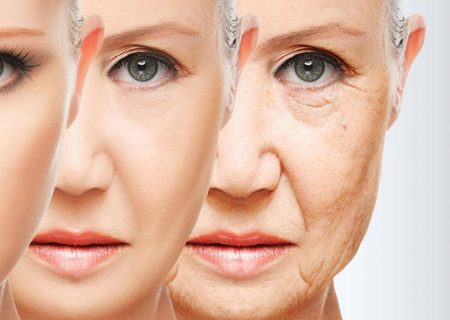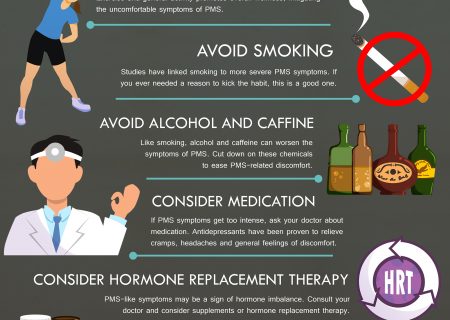Most people will claim to have an emotional connection to certain pieces of music, but did you know that listening to music may actually have an effect on a person’s hormones? Most of us play music while performing tasks such as working out and cleaning, and claim that it helps us concentrate or be more productive. Studies have linked the experience of listening to music to the increase and decrease of certain hormones that affect not only our moods and disposition, but also healing and stamina.
An experiment had participants get their blood tested before listening to music, and then in regular intervals. The study was a trial to gauge emotional response through the release of oxytocin and arginine vasopressin in the body. These are hormones commonly associated with emotion.
The Hormones Responsible for Emotion
Agrinine vasopressin, also called vasopressin (often abbreviated to AVP) is a peptidehormone secreted by the pituitary gland. It is known to retain water in the body and to constrict blood vessels. It is used to increase and restore arterial blood pressure in cases of hypovolemic shock which may occur during hemorrhage. It has also been known to play a part in social interaction and bonding. One study suggests that when males form lasting bonds with a mate, the brain uses vasopressin as a reward.
Oxytocin, on ther other hand, is normally produced in the hypothalamus, and is also known to play a role in social interaction. Studies have shown that increased levels of this hormone are linked to simultaneously having a stronger desire to seek connections in a social context, and missing or not being able to entirely process social cues. It also evokes feelings of contentment and calmness, and protects against stress and anxiety. On its more outward and physical effects, it is also thought to help modulate swelling and assist in wound healing. It is the first polypeptide hormone to be synthesized and can now be purchased as medicine under the trade names Syntocinon and Pitocin, as well as generic oxytocin.
There have been other studies conducted involving the emotional effects of artificially introducing oxytocin to the body by various methods such as through the use of a nasal spray. However, music has been the first variable used to measure naturally occurring levels of oxytocin in participants in the very moment they experience an emotional response.
The Unexpected Healing Effects of Music
Music has also been observed to be a strong stress-reliever by reducing cortisol levels, an application sometimes used in subjects undergoing surgery. Cortisol is a steroid hormone produced in the adrenal gland.
A study conducted in software companies in Canada revealed that listening to music improved the research participants’ quality of work. It also gave them a positive change of mood and enhanced perception in terms of design while they were working. Given the many physiological effects it has, scientists are now using music to help with treating PTSD, anxiety, possibly even autism. Treatments on adults with autism have shown an increase in affective speech and improvement in the interpretation of emotions.
An art form, a cultural activity, and a concept that most would say is uniquely human, music can now also, to some degree, be considered medicine, one that soothes the soul as it does the body.





